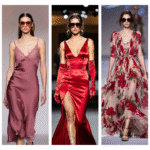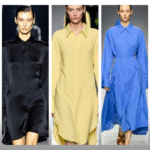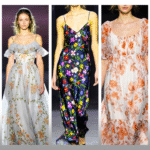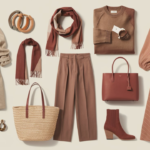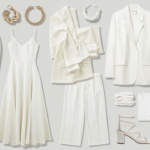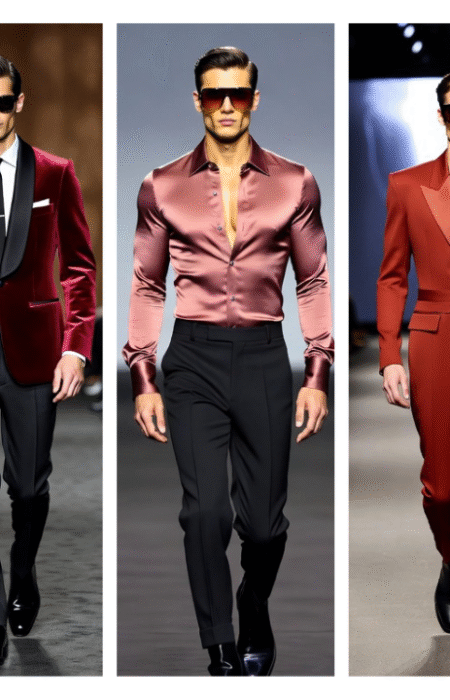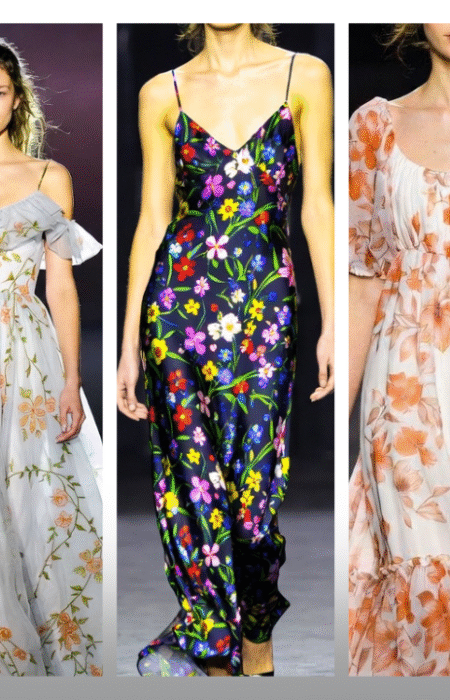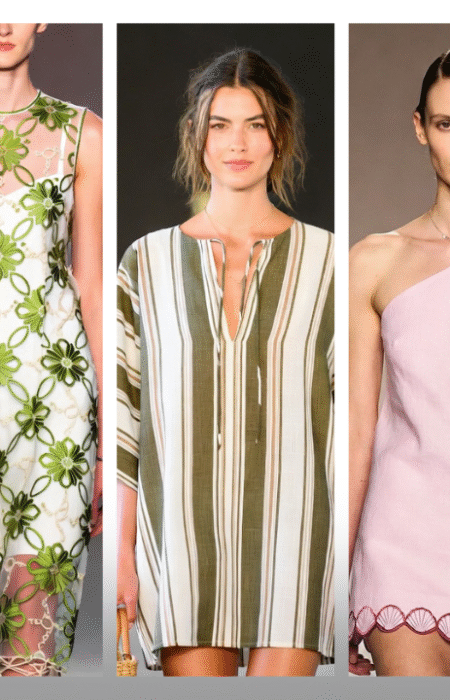
Let’s be honest—when you hear “sustainable fashion,” what comes to mind? Expensive clothes? Boring, shapeless designs? A wardrobe filled with nothing but organic cotton? If any of these thoughts crossed your mind, you’re not alone. Sustainable fashion is one of the most misunderstood concepts in the industry, and today, we’re going to clear up the confusion.
The truth is, sustainable fashion isn’t a trend reserved for eco-conscious elites or those willing to spend a fortune. It’s a mindset shift that anyone can adopt, no matter your style, budget, or shopping habits. Let’s break down some of the biggest myths and get to the real story.
Myth #1: Sustainable Fashion Is Too Expensive
We get it—when you see a sustainably made dress priced higher than a fast-fashion alternative, it’s easy to assume that ethical fashion is only for those with deep pockets. But here’s the thing: sustainable fashion isn’t about spending more; it’s about spending smarter.
Think about how often you replace that cheap $10 top after just a few wears. Now compare that to a well-made, timeless piece that lasts for years. The long-term cost of fast fashion actually adds up, both for your wallet and the planet. And let’s not forget affordable sustainable options like thrift shopping, clothing swaps, and upcycling!
Myth #2: Sustainable Fashion Isn’t Stylish
If you’re picturing boxy linen dresses in neutral shades and assuming that’s all sustainable fashion has to offer, think again! The industry has evolved, and today, sustainable brands are delivering bold, trendy, and stylish collections that rival anything from fast fashion.
From high-fashion labels incorporating ethical production to second-hand finds that let you rock unique vintage pieces, sustainable fashion offers a world of possibilities. Whether you love minimalist chic, edgy streetwear, or glamorous evening wear, there’s a way to embrace sustainability without sacrificing your personal style.
Myth #3: It’s All About Organic Cotton
While organic cotton is a great choice, sustainable fashion isn’t limited to just one fabric. It’s about making better choices, and that means looking at materials like hemp, Tencel, recycled polyester, and even innovative fabrics made from food waste (pineapple leather, anyone?).
It’s also about reducing waste, which means buying second-hand, renting outfits for special occasions, or upcycling old clothes. Even how you care for your clothes—washing them less frequently, air-drying, and repairing instead of tossing—plays a role in making fashion more sustainable.
Myth #4: Sustainable Fashion Is Only for Eco-Warriors
You don’t have to be an environmental activist to embrace sustainable fashion! It’s for everyone, whether you’re dipping your toes in by thrifting a cool jacket, swapping clothes with friends, or choosing to support brands with ethical practices.
It’s not about being perfect—it’s about being more mindful of your choices. Even small changes, like avoiding impulse buys or choosing quality over quantity, make a difference. No need to overhaul your entire wardrobe overnight—just start where you can.
Final Thoughts: Sustainability Is About Progress, Not Perfection
Sustainable fashion isn’t an all-or-nothing approach. It’s about making better choices that fit your lifestyle, budget, and personal style. Whether you start with one thrifted piece, invest in timeless staples, or simply learn to care for your clothes better, you’re already making a difference.
So, what’s your take on sustainable fashion? Have you tried any of these approaches, or are you looking to start? Let’s chat in the comments!
Follow Blog On Fashion for the latest fashion trends and updates, also keep up with us on Twitter, Facebook, Google News, and Instagram. For our latest videos, subscribe to our YouTube

